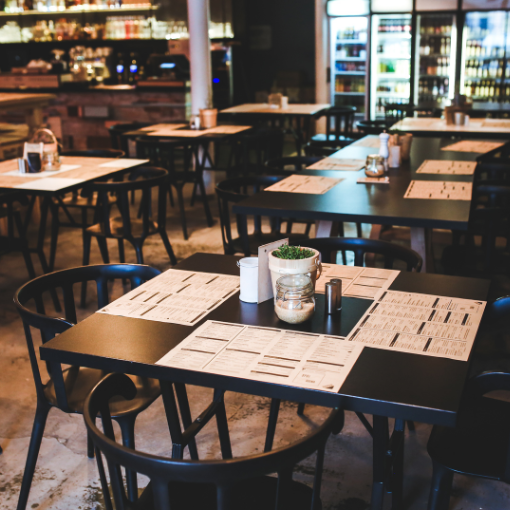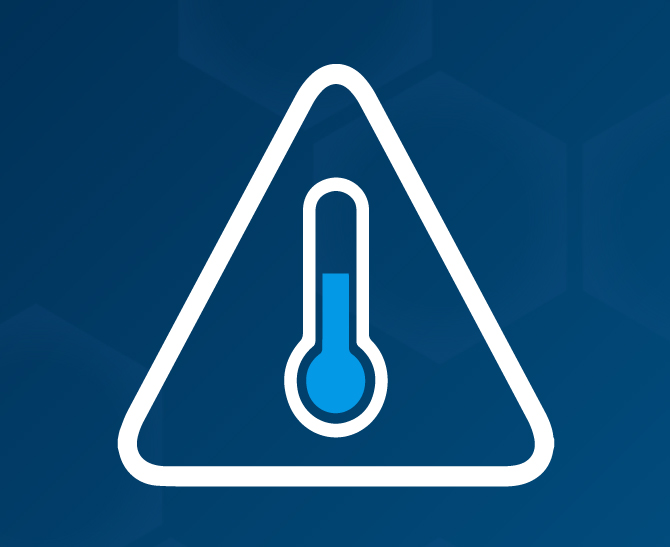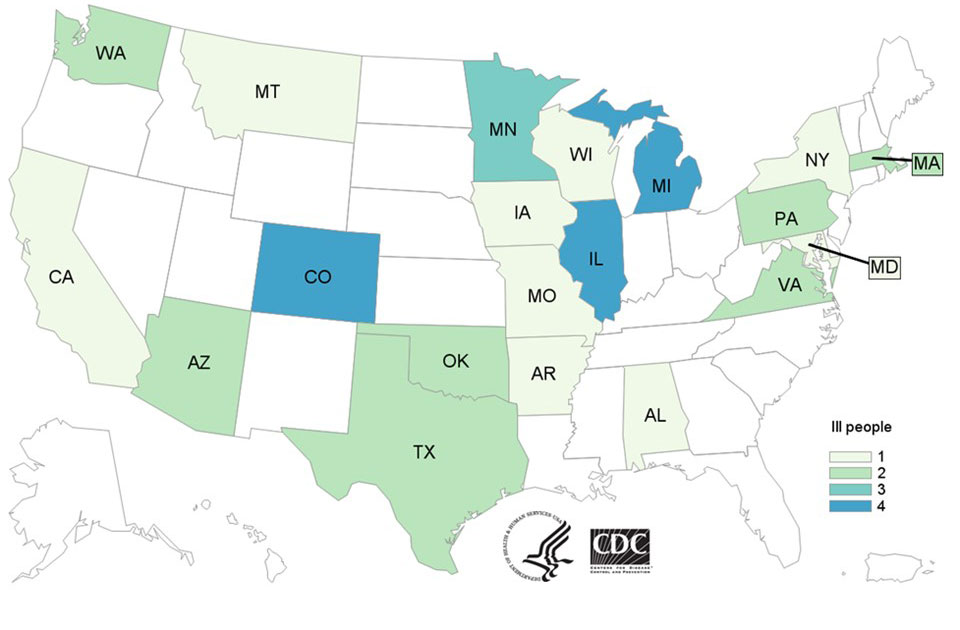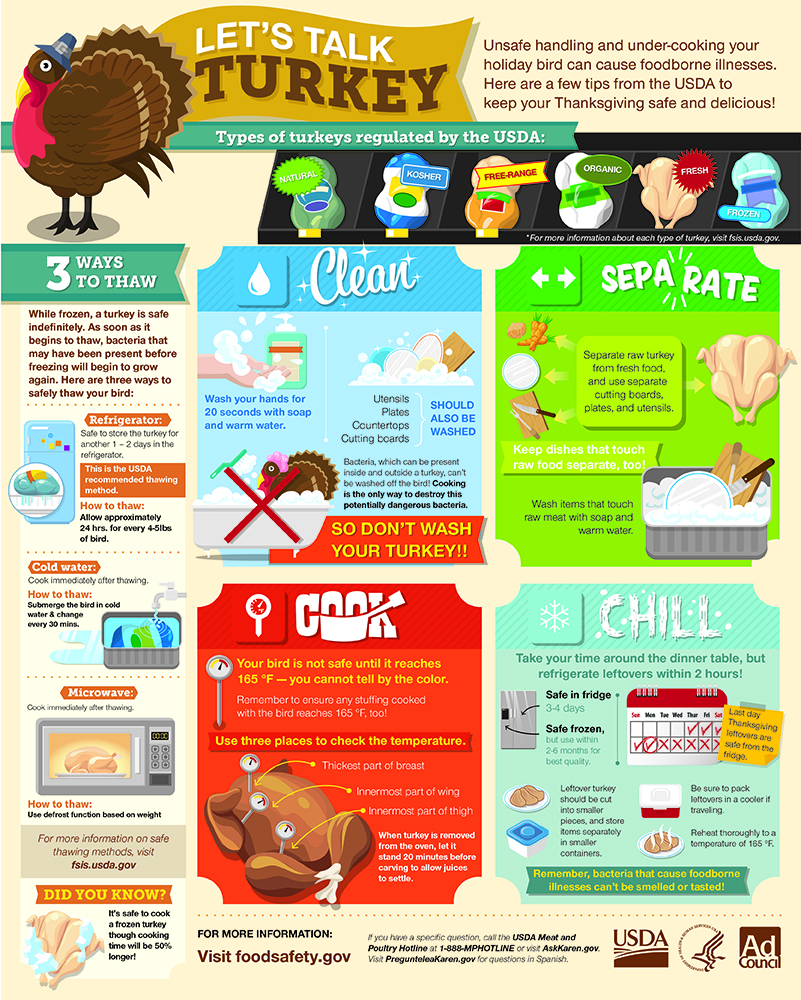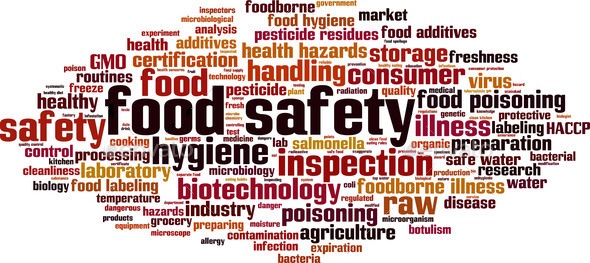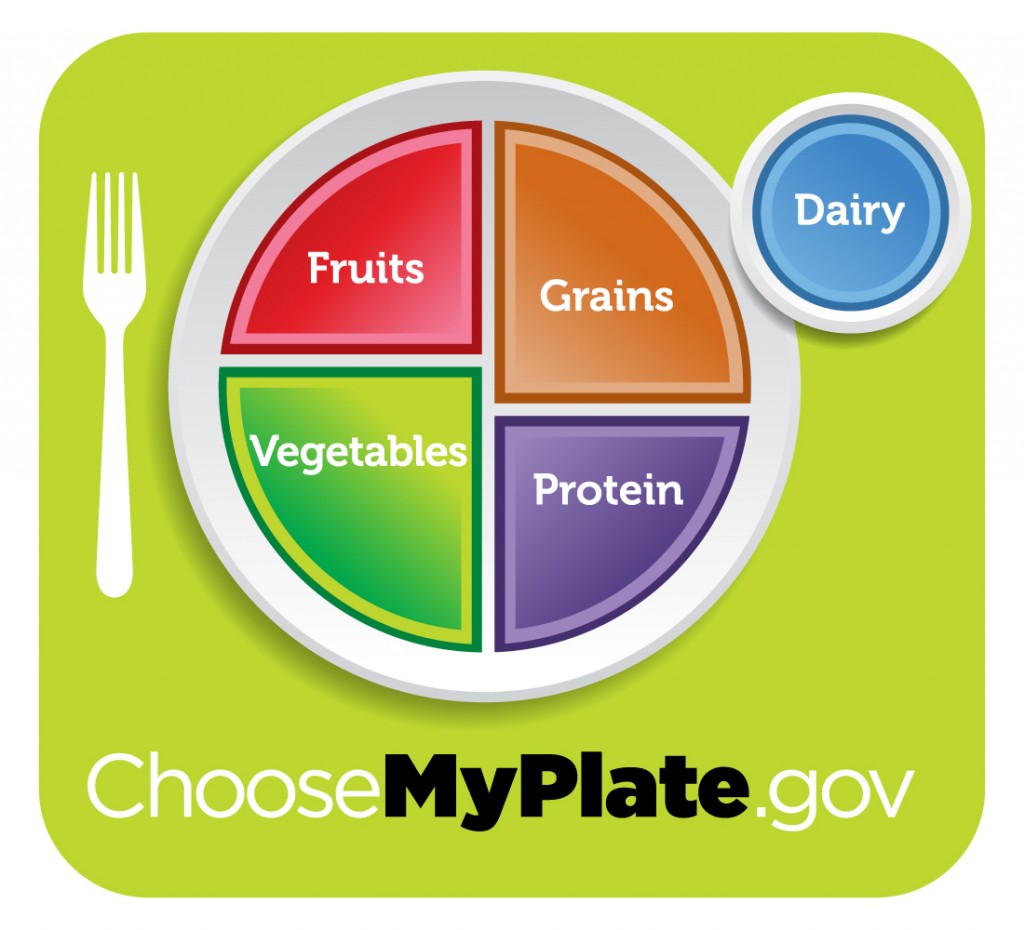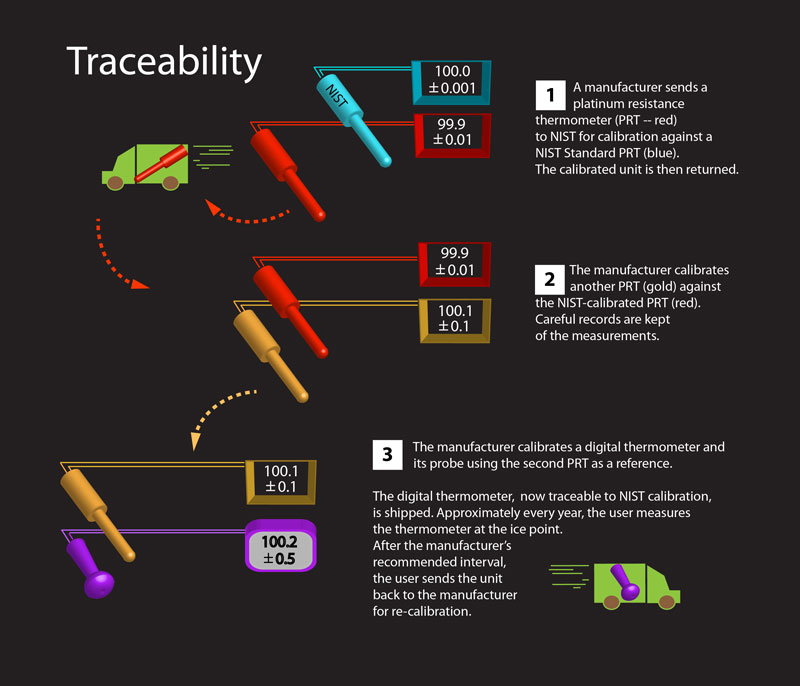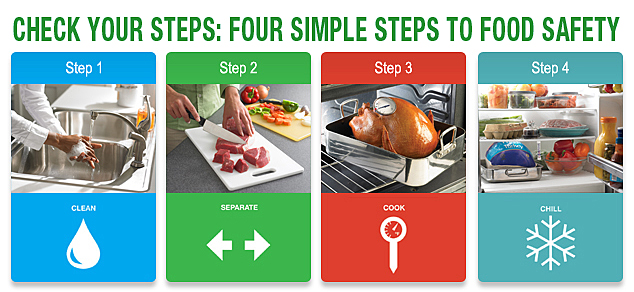Types of Kitchen Bacteria in Food
Bacteria and viruses are everywhere, and we live with them every day. Many of them are harmless, and some of them can even be beneficial. Despite this, we’ve picked the top six examples that you would definitely not want in your kitchen, and why.
Common Kitchen Bacteria and Viruses
1. E-Coli
E-Coli is common and many strains are actually harmless for humans. However, ther harmful strains can cause food poisoning. While they are destroyed in the cooking process, E-Coli is not something anyone needs in their kitchen.
2. Campylobacter
Food poisoning from campylobacter can come from contaminated food and water and can lead to Diarrhea, fever and vomiting that lasts several days.
3. Staphylococcus Aureus
Staphylococcus is a fast growing bacteria that can also produce toxins which can cause sickness. People often carry staphylococci in their bodies, according to the Department of Health, but it is once the bacteria gets onto food that it can be harmful. Staphylococcus grows and multiplies quickly, and also produces a toxin that can cause sickness. The fact that the toxin is not destroyed by the cooking process makes it even more dangerous.
4. Clostridium
Clostridium is commonly found in soil and in the intestinal tract of animals and humans. One strand known as clostridium botulinum can cause botulism, a very severe foodborn illness that can be fatal.
5. Listeria
Listeria is a bacteria that is carried by most animals and humans without harm if they are healthy. Listeria can be dangerous for pregnant women, people with lowered immunity, and the elderly. This is the reason that these groups of people are often advised to avoid soft cheeses, uncooked eggs, and some types of processed meats. Listeria is killed by heat during cooking.
6. Salmonella
Salmonella is the bacteria most often heard when an outbreak of food-born illness occurs. The illness comes from the bacteria itself and not from a toxin, as is the case with some other types of bacteria. It mostly results from poor handling of certain foods. Usually eggs, seafood and meat. For vulnerable people in particular, salmonella poisoning can be very serious.
With this many types of bacteria threatening your kitchen the importance of food service temperature monitoring systems is paramount. While proper cooking and training your staff in best practices is a must, a temperature monitoring system will be the first line of defense to these bacteria.
Kitchen Bacteria FAQ's
What Is the Primary Source of Bacteria in the Kitchen?
Inadequate temperature monitoring is a significant factor in bacterial growth. When they have access to food, moisture, and warmth cause bacteria to thrive and spread. Perishable food kept in unsafe temperature zones can cause foodborne illness. Cross-contamination of foods happens when tools, hands, or storage areas aren't cleaned and sanitized. To prevent bacteria from spreading in the kitchen, properly monitor temperatures and use safe food preparation practices so you have a clean environment.
What Are the Five Parts of SOP?
HACCP-Based SOPs ensure food safety by integrating these 5 components:
- Identify Hazards: Recognize biological, chemical, and physical risks in food handling and processing.
- Determine Critical Control Points: Pinpoint key stages where hazards can be controlled or eliminated.
- Monitor Procedures: Track food safety measures like temperature and sanitation.
- Implement Corrective Measures: Address deviations to limit food safety risks and maintain standards.
- Maintain Records: Document processes to ensure HACCP and SOP compliance.
How Does Bacteria Spread in the Kitchen?
If proper sanitation practices aren’t used, bacterial microorganisms can spread to countertops, cutting boards, and utensils. A high-risk breeding ground for bacteria can develop from using dirty sponges and kitchen towels due to the combination of moisture and food residue. Bacteria can also be found on refrigerator doors, sink handles, and trash cans. If your hands are dirty, they can infect uncooked meat, produce, and kitchen surfaces, creating serious health hazards.
How Can Bacteria Be Dangerous in the Kitchen?
Salmonella, E. coli, Listeria, and Campylobacter, and viruses like Staphylococcus, Norovirus, and Hepatitis A, are the most common and dangerous foodborne pathogens that can spread when contaminated meats or unwashed produce, dirty hands, or kitchen tools come into contact with surfaces. These bacteria can be the cause of food poisoning, gastrointestinal distress, nausea, vomiting, fever, stomach cramps, and other illnesses.
What Are the Most Bacteria-Infested Things That Can Be in Kitchens?
Kitchen sponges and dishcloths are two of the most bacteria-infested items in your kitchen. Another frequent source of bacteria is your kitchen sink, especially around the drain and faucet handles. If you use your cutting board to cut or handle raw meat, it may contain potentially dangerous pathogens on its surface. These pathogens can be transferred to hands and cooking tools. It's wise to use separate cutting boards for raw and cooked food, and sanitize them after using them, to ensure food preparation is safe. Discard dirty sponges so they won’t transfer bacteria around your kitchen.
How Can I Prevent Bacterial Growth in the Kitchen?
If you want to prevent the spread of bacteria, clean and disinfect surfaces you frequently touch, ensure proper food handling practices are used, and consistently wash your hands. Keep perishable foods refrigerated, and ensure you separate raw meats from other foods. Use proper ventilation and maintain proper food temperatures to prevent moisture from spreading in the kitchen environment, so bacteria can’t grow. Implementing the use of a reliable temperature monitoring system for preventing bacterial growth in the kitchen provides continuous protection and ensures food safety.
Do Kitchen Sponges Harbor Bacteria?
Because kitchen sponges are porous, stay damp, and absorb organic matter, they’re one of the most bacteria-prone items in your kitchen. Millions of bacteria can thrive in sponges, easily transferring germs to surfaces, even after you rinse them, making them a hidden source of harmful contamination.
How Much Bacteria Is in a Kitchen Sink?
Unwanted germs from dirty dishes and food scraps make your kitchen sink a hotspot for harmful bacteria. E. coli and Salmonella can grow in a sink that isn’t clean, and increase the chances of cross-contamination. Your drain and faucet are also the perfect environments for thousands of microorganisms that lead to foodborne illnesses. Routinely disinfecting your kitchen sink prevents bacteria from building up, making your food prep area safer to use.




